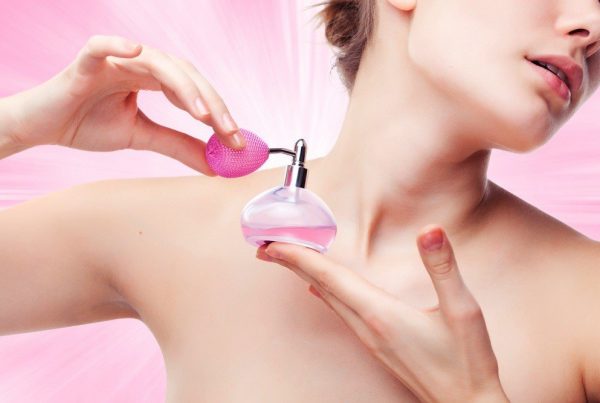Over the past several years, the media have spoken a lot about a healthy body image, especially for young people. It can no longer be swept under the carpet that if someone has a negative relationship with themselves and their body, it will have an acute effect on their mental health.
There are plenty of different ways to obtain a healthy body image, and there are even more reasons why you should.
This piece is going to take a look at what a ‘good’ body image is, why and how it can impact your mental health, and what you can do to help improve it. Longevity Live Paid Content.
Read on to find out more.
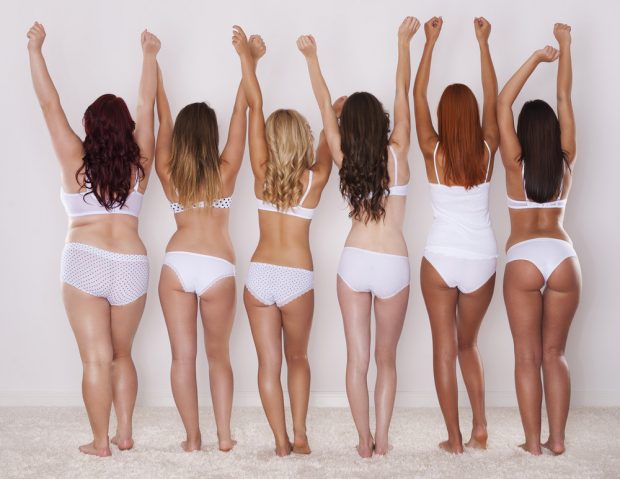 What is Body Image?
What is Body Image?
Body image is essentially a term that is used to describe how we feel about our bodies. However, there are four different components that can make up body image, and all of them are important to forming a healthy view.
These components are:
Perceptual – How you perceive your body to look. It is important to note that how you see your body is not always an accurate representation. Cognitive distortions and disorders such as body dysmorphia can contribute to this issue.
Cognitive – The thoughts and beliefs that you hold about your body. Phrases such as “If I just lose another stone, I will be happy” or “I just need to get Botox, and then I will feel much better about my skin” are examples of negative body image thoughts. For those suffering from negative body image, the goalpost will often be moved either when the original one is completed or before. It is not uncommon for those thoughts to never be satisfied.
Behavioral – The actions you take that are related to body image. This could be anything from going to the gym frequently, adopting an extreme diet, and other destructive behaviors that could end up cutting them off socially and isolating them, such as not joining friends for a meal.
Affective – Our feelings about our bodies. This is in relation to how happy or satisfied you are or not with your body or anything relating to your looks. Commonly influenced by the media, such as TV, social media platforms, magazines, and movies.
These factors are all closely interlinked and have an impact on each other to create an overall body image.
Popular Standards of Body Image
The popular standards of body image change from week to week. If you take a look at the history of body image, you can see the standards change from decade to decade, and it is even faster now we have social media, “viral” content, and trends can be created and deployed within seconds under the right conditions.
Even though many people are aware that these trends come and go, there is still the compelling nature of wanting to fit in and be accepted that drives some to try and meet these standards, which contributes to both a negative and positive body image.
However, the positive side only lasts for as long as the trend does, and even that can change from day to day, depending on influences, mood, and other social pressures.
What is a Positive Body Image?
A positive body image is essentially satisfaction with how we view our external selves. This is regardless of what outside influences are saying your body “should” look like, and what the ideal might be.
When someone has a positive body image, they can expect:
- To be comfortable in their own skin
- To accept it exactly how it is
- To choose to focus on the positives about their body rather than any perceived negatives.
It does not mean that you cannot feel negatively about your body from time to time, but the more that you acknowledge it is unhelpful and accept it for what it is, the more likely you are to work on this.
Body neutrality can be more helpful in some situations, as there is not a focus on what we want our body to look like, and more an acceptance for it is just as it is and what it does for us daily.
For example, it does not matter what your legs look like because they allow you to walk, run, or swim. Or, it does not matter what your stomach looks like because having one means you can eat great food.
Focusing on our body’s functions over appearance is a great way to be body neutral, especially if you are not ready to be body positive or also feel like there is no need to be.
Usually, a mixture of both is beneficial for mental health. It can be easy to say that it does not matter what we look like, and fundamentally it can be argued that it doesn’t, as our bodies are here to serve a purpose for us. However, we live in a very visually dominated world, and it would be naive to suggest that our looks don’t play a role in our lives. Having confidence in ourselves is important, and feeling actively good about yourself can shine through in your personality too.
A note here – Body image could be a complicated topic for those who face disabilities, gender dysphoria, or other spectrum issues. Understanding your own ways to be body positive or body neutral is entirely down to the individual and can look different in everyone. Your feelings are valid.
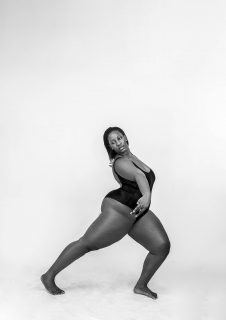
Photo by Jennifer Enujiugha
How to Improve Your Body Image
There are many ways someone can improve their body image, and it will depend on a few factors. What the issues are and what the roots of the issues are will often determine what is more likely to be beneficial for an individual.
Suggestions can include, but are not limited to:
- Words of affirmation
- Therapy
- Less time on social media or consuming different content
- Focus on non-physical traits
- Make positive changes
- Avoid comparison (it can be the thief of joy!)
Most of these suggestions can work hand in hand, but it will all depend on the individual person and what they are feeling.
An example:
If someone has lost their breast due to an essential mastectomy, then there could be a lot to unpack. Breasts are a significant part of a woman’s body, and dealing with cancer, an operation, and then a change in the body can be more than a little traumatizing.
For a case like this, therapy would most likely be recommended, along with a potentially positive change, much like getting reconstructive surgery such as https://rsplastic.com/procedures/breast/breast-augmentation-dallas-tx. Reconstructive breast surgery is not obligatory, and make people can find body positivity without one. However, for some, it can give a sense of body autonomy and help them feel more confident in their skin.
Always discuss any body concerns with a therapist and a surgeon, so you can understand the risks vs rewards and make sure you get the right procedure for you.
Be Mindful About Social Media
The media is often a toxic place when it comes to body image. Notably, tabloids and journalists make a living from pointing out celebrity ‘flaws’, and perpetuating trends that then go on to encourage spending, whether that be small or significant. Social media, however, can be next level when it comes to damaging content. It only takes a click of a button for someone to change their whole appearance based on the desirable standard of the times, and that then becomes a slippery slope for the person editing, along with their audience.
It is no secret there are tons of apps available now, paid or free, that can alter appearances in seconds to completely unrealistic standards. You only have to open any social media to see how skin does not have any texture anymore or body trunks appear to have no space for organs anymore. The problem is that it is not always apparent. Even very subtle adjustments can be unrealistic, and people end up comparing themselves to others who also don’t look like themselves.
Consuming this type of social media without being mindful is a surefire way to encourage body issues which can develop into something much more serious such as body dysmorphic disorder and other mental health issues such as anxiety, depression, or an eating disorder. It can also go much further than editing photos and inspire others to undergo plastic surgery to achieve a specific look in person. This is why it is crucial to understand that many things you see on social media are not real representations of people and also limit the time consuming that kind of content. There are many influencers now who pride themselves in being ‘filterless’ and claim not to edit their photos – seeing more content like this can help us remember what is realistic.
Focus On What Your Body Does for You
There is little encouragement to focus on being grateful for what our bodies do for us, and that is most likely because it is difficult to make a profit from it.
Taking away any elements of appearance and focusing on function can make a big difference in how we see ourselves.
If you want to take it one step further, it is also worth thinking about the experiences that you can enjoy while you can. You are not likely to care about the shape of your nose or the size of your stomach when you are 90 years old, and looking back on fond memories and thinking about your future self that way can help put things into perspective. It can also make it easier for you to appreciate living rather than looks.
Speak to A Therapist
Speaking to a therapist that specializes in body image or subjects around that area can help you explore the reasons that body image could be affecting your mental health and what help is available to get that under control. Any decent surgeon will not be willing to operate on someone if they believe it is not in their best interest and might suggest they speak to a therapist to address underlying conditions.
If someone is not able to get to the root cause of the problem, then they will end up on an endless pursuit to alleviate their body concerns, which could continue to pop up and affect their life.
How Does Negative Body Image Impact Life?
Having a negative body image can impact all areas of life and mental health.
It can be all too easy to slowly stop seeing friends because you feel like you don’t look good enough for the occasion. You could avoid going swimming because you feel anxious about being seen in a swimming costume. You might find that all-consuming thoughts about your body image can start to make you exhibit symptoms of depression and become overwhelming.
The mental health impacts of having a negative body image can be extremely dangerous, which is why it is important that it is kept in check and addressed as soon as possible.

Photo by Andres Ayrton
Conclusion
Body image seeps into our everyday lives and can be a big part of who we are. The issues begin when we put pressure on expectations of ourselves in comparison to others and when we place more value on how we look over anything else to do with our bodies.
Having a negative body image is associated with several different mental health issues, and the pursuit of a positive or positive and neutral blended body image will always be beneficial.
Social media and other types of media have a lot to answer when it comes to how we view our bodies, so limiting the consumption of harmful content can help us keep our minds on an even keel.
Talking to a therapist, making positive changes, and recognizing what opportunities and experiences our body gives us can all be positive steps toward a body image.
If you find that your body image is causing mental health issues, speak to a professional as soon as possible.


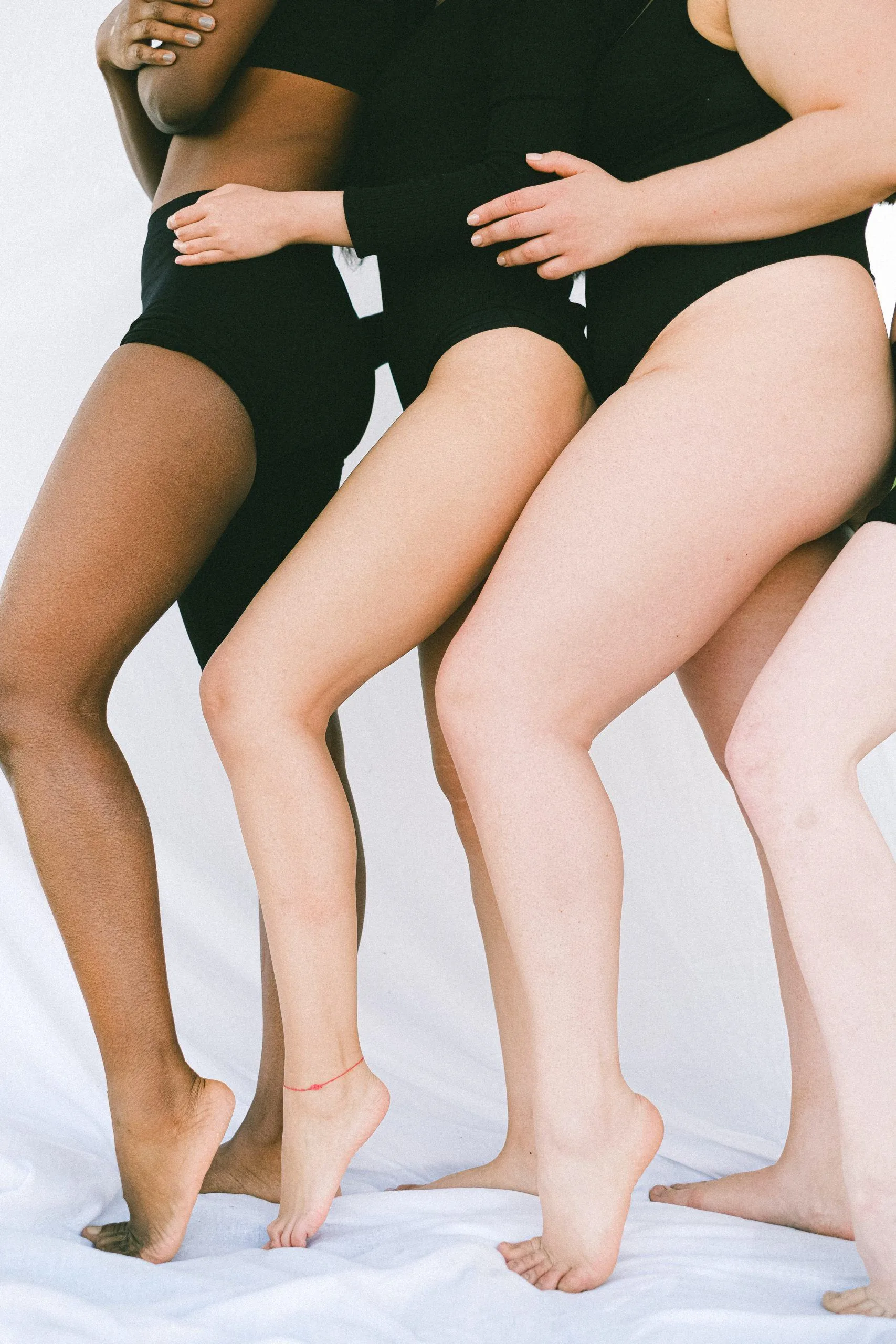
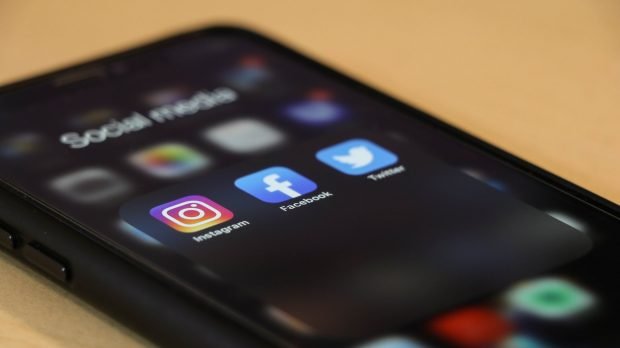
![women [longevity live]](https://longevitylive.com/wp-content/uploads/2020/01/photo-of-women-walking-down-the-street-1116984-100x100.jpg)







